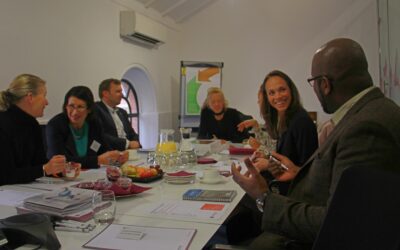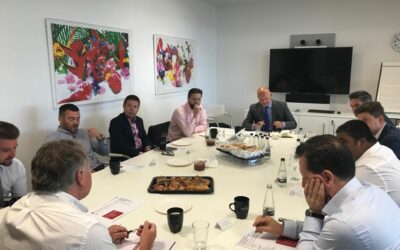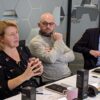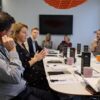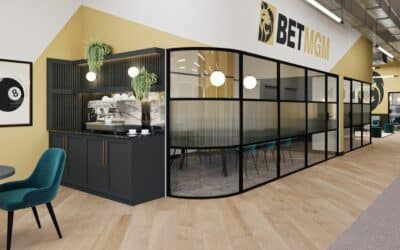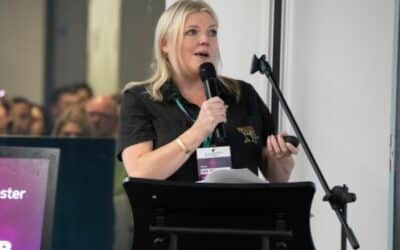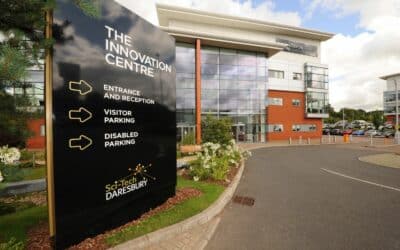Review: The Digitalisation of Transport – Prolific North Roundtable Discussion
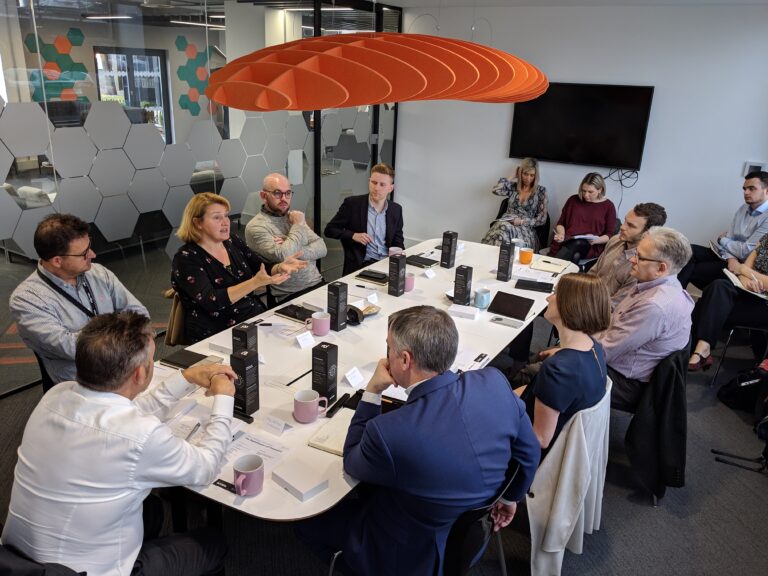
-
by David Prior
Subscribe to the Prolific North Daily Newsletter Today!
Want all the latest content from Prolific North delivered direct to your inbox daily? Of course you do!
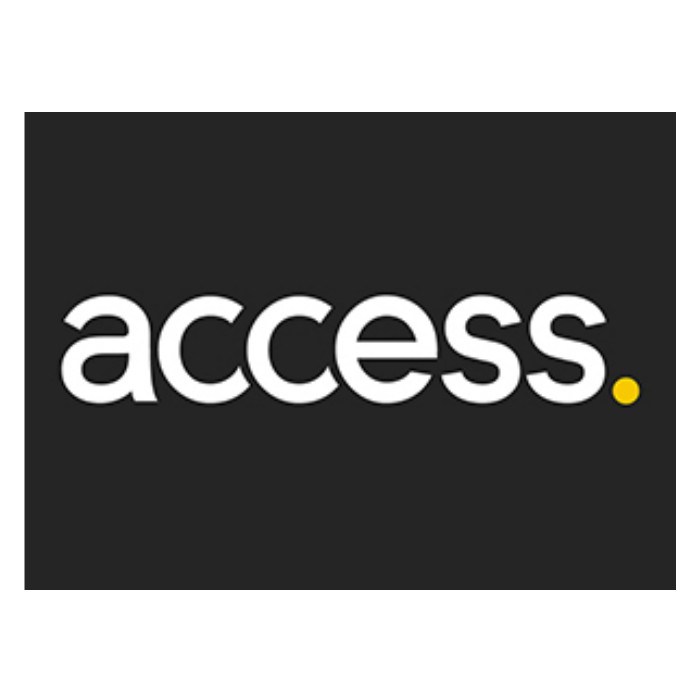
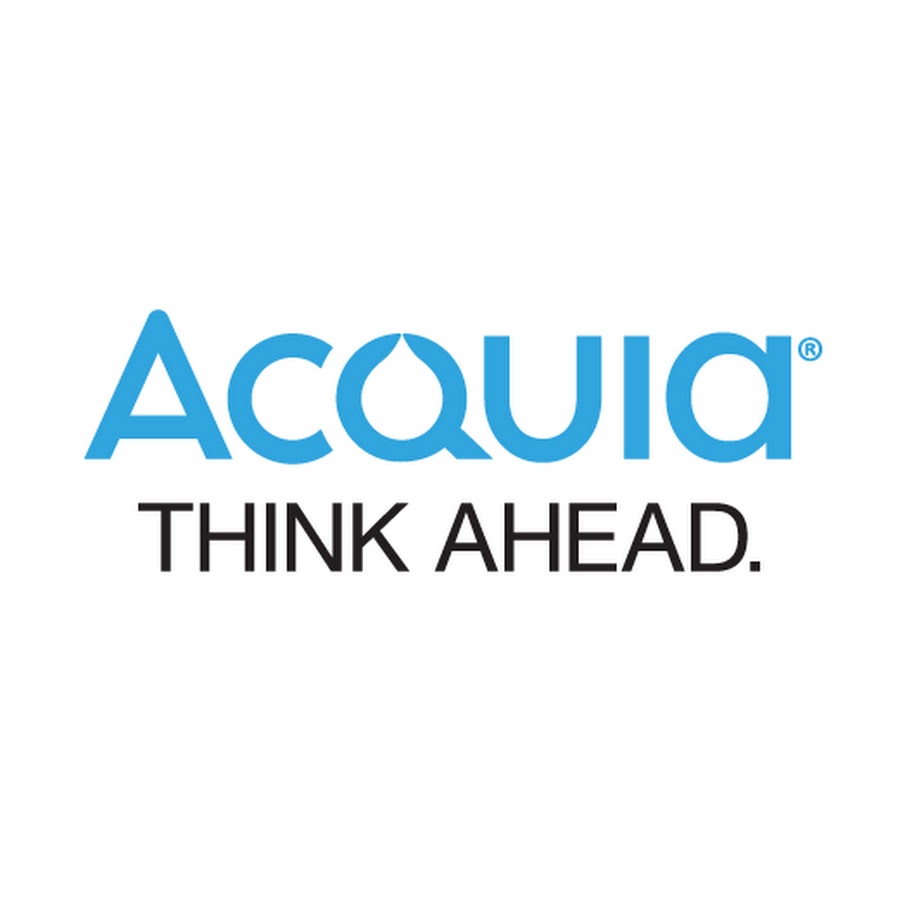
The issue of public transport seems to figure ever more regularly in our news bulletins.
Whether it’s a malfunctioning rail system, congested city centre roads or the perennially rising costs of public transport, it’s an ongoing regional and national debate that has only intensified with the proliferation of social media.
Greater digitalisation – whether through the use of more sophisticated tech at every stage of the journey or the introduction of more self-driving vehicles – could represent the most disruptive way forward, but there remain issues over cost and the need to not alienate customers.
For our latest roundtable discussion – the third of three sponsored by Access and Acquia – we assembled a group of key players from the transport and digital sector and asked them to take the take the temperature of where the whole digitalisation of transport debate currently sits.
Chaired by: Paul Bunting, Commercial and New Business Director, Stagecoach
Attendees
- Emma Antrobus, North West Director, Institute of Civil Engineers
- Simon Landi, Managing Director, Access
- Luke Purcell, Digital Marketing Manager, Arriva Rail North (Northern)
- Ben Buschini, Senior Enterprise Account Executive, Acquia
- Nathan Ouriach, Marketing Manager, Prolific North
- David Weetman, Commercial Director, Mapway
- Rachel McQueen, Chief Executive, Marketing Lancashire
- Danny Vaughan, Head of Metrolink, TfGM
The digitalisation of transport
Emma Antrobus (Institute of Civil Engineers) kicked off proceedings by pointing out that there were no passengers any more, just consumers. It is all about instant gratification now and if it goes wrong, they want to know why. The fastest way to do this at the moment is through Twitter.
Ben Buschini (Acquia) suggested that a big potential area for improvement was the interconnectivity around your whole journey. For instance, why wait 10 minutes for an Uber after you’ve stepped off the train? It should be part of the journey.
Danny Vaughan (Metrolink) said that someone once said to him that public transport is a service that gets you from where you aren’t from where you don’t want to be. He recounted how he had arrived in Manchester in 2013 when the Metrolink was in the middle of a massive civil engineering programme. What was obvious to him at the time was that the expectations bar had been raised – for instance, there was now a demographic who had moved up with the BBC to MediaCity who were used to using an Oyster card in London. People expected a quick response, too. Previously, if something bad happened, there was a media enquiry and you would have a few days to turn it around. Suddenly, Metrolink had to be tweeting 24 hours a day if possible. He admitted they were naive to start with and introduced rules, which have all gone now. The most important thing now is to be very quick and very open with customers; their expectations had disrupted how Metrolink communicates.
David Weetman (Mapway) said consumers don’t care who the provider is, they just want a good service.
Luke Purcell (Arriva Rail North) said that change was happening but it was not going to happen overnight. He said that when Northern launched their new trains, people literally expected them to be in operation immediately.
Rachel McQueen (Marketing Lancashire) said that all the technology in the world was great, but was complicated for visitors in an unfamiliar country. Nathan Ouriach (Prolific North), as a smartphone refusenik, held himself up as an example of somebody who much preferred to buy a physical ticket, and was concerned by projections that 90% of all transactions on public transport will soon be cashless.
Paul Bunting (Stagecoach) provided some reassurance by saying that at Stagecoach, an incredible 85% of its £1bn turnover came in the form of cash.
Danny Vaughan (Metrolink) said that the same proportion (85%) of Metrolink’s revenue still came through ticket machines, of which 70% was cash. There was a big saving to be made by becoming cashless, but the inherent risk was demonstrated earlier this summer when their Get Me There app broke down. He said TfGM had been doing a lot of thinking about what’s going to replace it, and it’s likely they will be going more down the open data route.
Emma Antrobus (Institute of Civil Engineers) felt that Manchester was still trailing other cities in terms of how joined-up its transport system was, which was particularly disappointing given that it’s a city that prides itself on innovation.
Danny Vaughan (Metrolink) argued that one of the issues was that the London transport system was heavily subsidised, whereas TfGM had to at least cover its operating costs and also pay down some of its debt.
Luke Purcell (Arriva Rail North) spoke in more glowing terms about the service, saying the Metrolink had been the number one reason he had got rid of his car and that it was better than the Tube in London.
The potential of autonomous vehicles
It’s simple, claimed Emma Antrobus (Institute of Civil Engineers): people still have a desire to actually drive their cars.
David Weetman (Mapway) pointed out that Uber’s main motivation for pursuing an autonomous strategy had everything to do with lowering labour costs and nothing to do with reducing congestion, and pollution is not helped, either. So from a public sector perspective and when considering the need to get people round a town or city efficiently, it doesn’t necessarily work. Although he did admit it had its uses.
Luke Purcell (Arriva Rail North) argued that he could in fact see it reducing congestion. His family have one car, he said, so wouldn’t it be great if their car could drop his wife at work and then come back to the house for him to use?
David Weetman (Mapway) said there were essentially four levels of autonomy and you had to go from 0 to 4 in one go because everything in between would be a problem for regulators.
Paul Bunting (Stagecoach) asked to what extent the environmental debate was influencing decision-making. Was it all about speed and convenience?
David Weetman (Mapway) said that more and more people were becoming savvy about the issues – and there were apps out there that will calculate carbon footprint, but he didn’t think it was a main driver yet. However, the environment was driving public authority decisions.
Danny Vaughan (Metrolink) said that Metrolink were using eco-friendly materials on the new Trafford Park line currently under construction, which was limiting waste. He said that passengers were making a green choice by using public transport in the first place. He stressed the importance of good transport links across the board and also partnerships: a partnership with Mobike had been unsuccessful but they hoped to pull off some kind of a partnership with Uber at some point.
Segmentation and the future
Rachel McQueen (Marketing Lancashire) said the demographic who were using public transport were not an easy demographic to split along age lines. Flexibility and choice were more important.
Danny Vaughan (Metrolink) said he had spent some time working on the customer service phone line at TfGM. He recalled speaking to a lady in her 50s who was almost in tears because she couldn’t use the website. There was definitely a need to consider a less literate, less savvy group.
Paul Bunting (Stagecoach) said digital shouldn’t be the god we all bow down to; it’s a means to an end. The question was how to join up travel and the issues of today with the future.
Rachel McQueen (Marketing Lancashire) said the scale of the opportunity was huge if we can get it right.
Danny Vaughan (Metrolink) said his company’s focus had been on improving reliability – people with spanners fixing things quickly – not necessarily just tech. He said attention was now turning to further up the value chain, but that whatever they did do had to be scalable and future-proofed.
Luke Purcell (Arriva Rail North) agreed that making things work was a really big challenge, but also making sure that people understand what has happened when things don’t work.
And as Simon Landi (Access) pointed out, connectivity can’t just stop at the outskirts of Manchester, Liverpool or Leeds.

